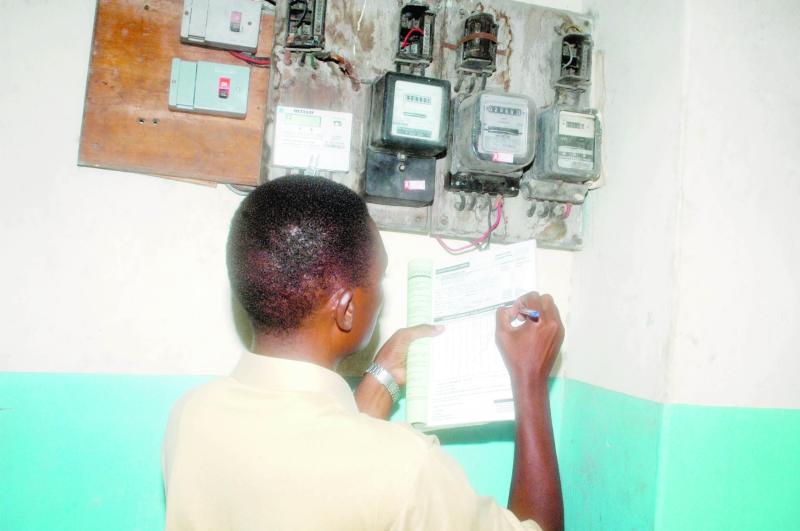×
The Standard e-Paper
Kenya’s Boldest Voice

NAIROBI, KENYA: The Energy Regulatory Commission (ERC) has restructured the subsidised tariff currently targeted at low income electricity consumers in a move that will see many that have enjoyed the low-priced power locked out. They will instead pay higher charges.
Under a new billing structure by ERC, the lifeline tariff has been capped at 15 units of power per month from the current regime where low-income earners had a leeway of up to 50 units, and pay at subsidised rates.